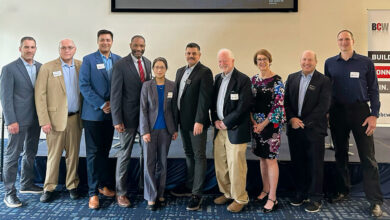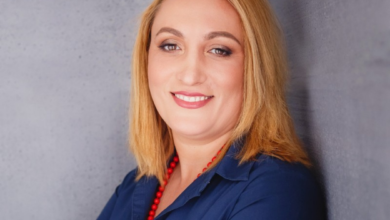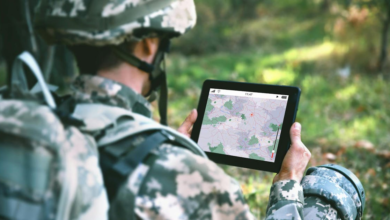Patients Like AI for Endoscopy

WASHINGTON — Patients endorsed the use of artificial intelligence (AI) in endoscopy but still trusted a doctor more, a global survey-based study indicated.
“In general, most patients — about 75% — were supportive of artificial intelligence to assist with analyzing endoscopic images,” said Omer Ahmad, MD, of University College London, in presenting the data at the annual Digestive Disease Week (DDW) conference.
When surveyed, 54.7% of the 1,237 patients said that they trusted the results of AI in endoscopy, “but, interestingly, only 20% of the participants felt that artificial intelligence could be better than experienced endoscopists. So, obviously, there is a limit to which people believe in artificial intelligence,” Ahmad told MedPage Today.
The researchers also found that patients viewed cost-effectiveness of using AI as important in the development of the technology — that view was endorsed by 80% of the participants. “We don’t have reimbursement as yet for artificial intelligence, so this is a problem we are working on in the United Kingdom as well as in the United States,” Ahmad said. “We think we should be able to get reimbursement, because it does seem that artificial intelligence does help us lower the miss rate.”
About half the participants in the study were concerned about medical liability, he said, which is a concern for endoscopists as well.
However, the survey participants were more likely to attribute blame to the hospital for something going wrong than was the endoscopist. Whereas 32% of the patients filling out the survey said they would assess blame to the hospital, only 8% of the 500 endoscopists surveyed would assign blame to the hospital for errors. The largest proportion of patients and endoscopists put the liability on the doorstep of the doctor (45.3% and 56.3%, respectively).
The survey of endoscopists found that 90% thought AI would improve the quality of endoscopy, and 85% thought it would improve patient outcomes. “The endoscopists are very pro artificial intelligence,” Ahmad said.
He said that younger people — those under the age of 30 — appeared more concerned about data privacy than older people.
Overall, Ahmad said, people ages 50 and older appeared more likely to embrace AI than the younger population in the group involved in the survey.
Interest and use of AI in endoscopy has boomed in recent years as doctors seek assistance in cutting down the rate of missed suspicious lesions in the gut or colon, Ahmad said.
“Despite all this work and studies, we have never asked the patients what is important to them. To be honest, the patients haven’t been involved in this as much as they should have been,” he said. “So we as a group — the World Endoscopy Organization AI Committee — thought the best way to do this was to perform a global survey.”
His group asked patients to respond to 13 statements regarding the use of AI in endoscopy using questionnaires on a dedicated online survey platform. Patients responded using a 5-point Likert scale ranging from strongly disagree to strongly agree.
“Crucially, we provided the patients with educational material regarding artificial intelligence and endoscopy before they started the testing,” Ahmad said. The educational material described the imaging techniques and the promise of AI, much the way candidates for endoscopy would be educated about the procedure by their doctors and nurses at a clinic.
In total, 1,237 patients completed the survey, with more than 200 participants per continent. The responses were slightly skewed to a younger population. About a quarter of the individuals were either current or previous gastroenterology patients, and a quarter of the participants had previously undergone endoscopy.
“Artificial intelligence in endoscopy is definitely going to affect doctors and patients,” said Syed Hassan, MBBS, of the University of Kentucky in Lexington, who did not participate in the study. “It is going to be able to assist endoscopists in making their treatment decisions.”
“But while artificial intelligence is going to be useful, we are still a few years away from the routine use of this technology in endoscopy,” Syed told MedPage Today.
Ahmad concurred: “I don’t think artificial intelligence is quite ready for prime time. There are still things we have to work out.”
Disclosures
Ahmad disclosed financial relationships with Olympus, Odin Vision, Boston Scientific, and Medtronic.
Primary Source
Digestive Disease Week
Source Reference: Ahmad O “Patients’ sentiments on artificial intelligence in endoscopy: a large-scale intercontinental opinion survey” DDW 2024.



